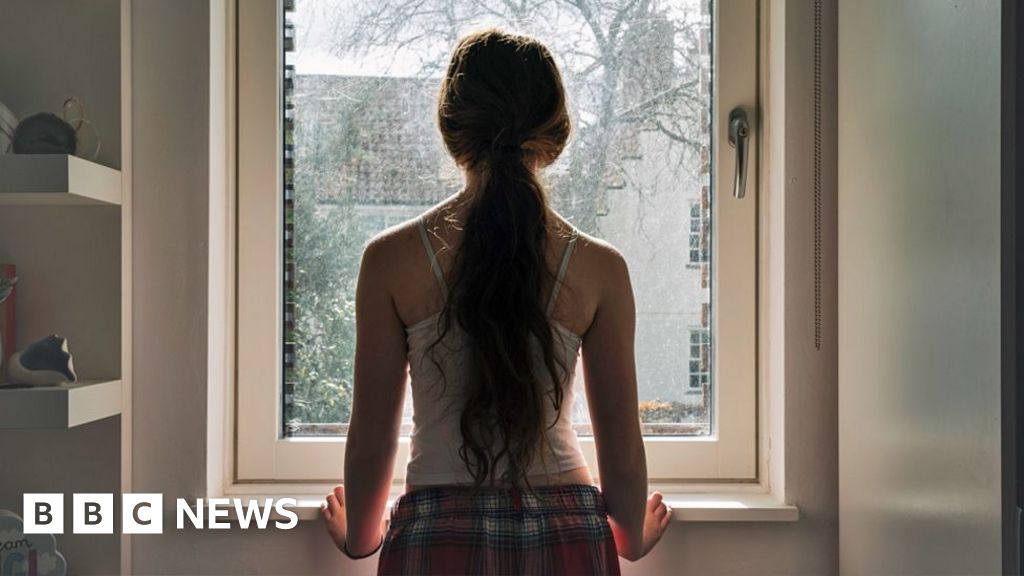Mental Health in Teenagers
Lucy, a 15-year-old, says she was always a bit worried, but two years ago she became anxious and began to have panic attacks. She didn’t know what was happening, and her parents didn’t either. The attacks would occur without warning, and it got worse when she was in public. Lucy missed a lot of school and stopped socializing. She says it was difficult for her parents to cope with her.
For six months, she tried to deal with her anxiety on her own, but finally, the family decided to pay for talking therapy called cognitive behavioral therapy. Lucy says it made a big difference. While she still has panic attacks, they are much less common, and she’s back in school and doing the things she enjoys.
Why Problems are so Common
Problems are becoming increasingly common in teenage years when young people deal with the challenges of growing up, including stress, friendships, and relationships. There are also biological reasons that make emotional health problems more likely. The brains of teenagers do not all develop at once. The part that processes emotions is mature earlier than the part responsible for self-control and good judgment.
This means that young people can feel very intense emotions before they have developed the ability to manage these feelings, which contributes to explaining some of the emotional highs and lows that parents often see. The adolescence is the peak when emotional reactions are further reinforced by hormones and changes in the inner body clock that influence sleep patterns.
When and How to Help
So what is normal emotional challenge – and when should teenagers and their parents be worried and consider looking for professional help? It’s normal to see regular irritability and mood swings, occasional social withdrawal or desire for privacy, fear of social acceptance or academic performance, experimentation with identity and independence, and emotional reactions that seem disproportionate.
Provided that they do not interfere with daily activities too much, parents should feel able to support their children. The most common problems that teenagers experience are low mood and anxiety. It’s essential to encourage sleep, stay active, and stay connected with friends and family, as well as plan activities that your child enjoys, such as trips or a sport.
Soothing techniques are helpful for anxiety, including breathing exercises, grounding, concentrating on the surrounding area, and mindfulness. It’s also important to avoid the trap of providing unnecessary reassurance. Instead, parents should discuss and test feared situations in addition to lessons.
Build Resilience
Stevie Goulding, who leads the parents’ helplines for young minds, says anxiety is the problem they get most calls about. Many children will have anxiety and even panic attacks. It’s difficult for parents, who can easily lose confidence and judgment. The main advice given to parents is to communicate with their children, give them permission to talk about what’s bothering them, and ask if there’s someone they’d rather speak to.
It’s also recommended to talk to your child’s school, as they may have noticed things. However, children need space – avoid the temptation to hurry and try to fix things. Just listen to what they say and think about it.
Signs that Professional Help is Required
But Dr. Mann and Prof. Danese stress that parents shouldn’t be afraid to ask for professional support if necessary. There’s nothing to be ashamed of. We just need to know when to try to solve problems and when to get help. Both emphasize similar behaviors that should serve as a trigger for parents to get help, including self-harm and thoughts of suicide, extreme changes in eating or sleeping, dramatic personality changes, and significant interference in daily functioning.
Dr. Elaine Lockhart, chair of the Royal College of Psychiatrist’s Child and Youth Faculty, says parents should feel comfortable discussing mental health with their children. With long waiting times for NHS children’s mental health services, it’s not straightforward to know where to go for help, especially if you can’t afford private therapy.
The first point of contact is usually your GP or psychiatric support teams connected to schools in some areas. In addition to recommendations at NHS Mental Health Services, you can get in touch with local organizations and charity organizations that offer support. Schools themselves can also help – some have counseling and support services.

